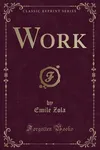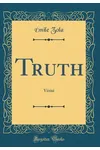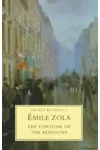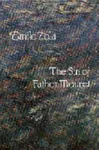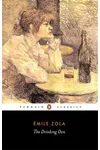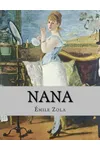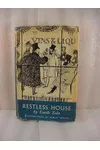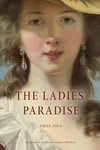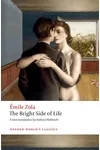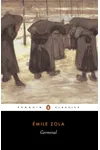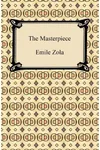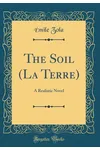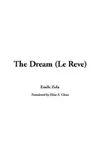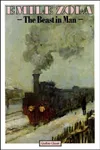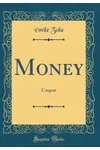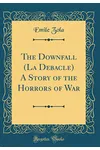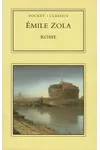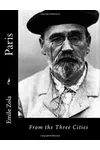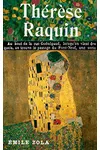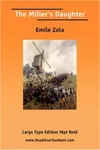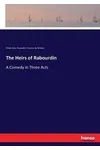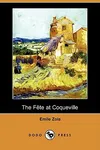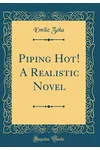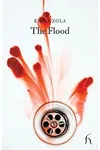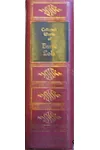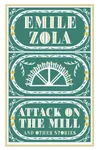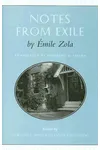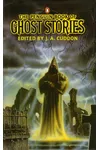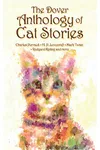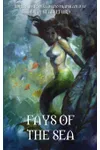Picture a French storyteller who turned the gritty realities of 19th-century life into literary gold—meet Émile Zola! Born in 1840, Zola was a novelist, journalist, and fearless advocate whose pen sparked the naturalist movement and championed justice during one of France’s most divisive scandals. His vivid tales of human struggle and societal flaws still captivate readers today.
The Making of Émile Zola
Émile Zola was born in Paris to an Italian engineer father and a French mother, but tragedy struck early when his father died, leaving the family in poverty. Growing up in Aix-en-Provence, young Émile found solace in literature, devouring works by Balzac and Hugo. After failing his baccalauréat exams, he took odd jobs, eventually landing at a publishing house, where his love for writing blossomed. By his 20s, Zola was penning fiery articles and his first novel, Thérèse Raquin, a dark tale of passion and guilt.
Émile Zola’s Unforgettable Stories
Zola’s genius shines in his 20-novel Rougon-Macquart series, a sprawling saga tracing two families through the Second French Empire. Works like Germinal, a raw depiction of miners’ lives, expose class struggles with unflinching detail, while Nana explores the destructive allure of a courtesan. His naturalist style—blending scientific observation with vivid storytelling—captured society’s underbelly, from alcoholism to corruption. Zola’s meticulous research, like living among miners for Germinal, gave his stories authenticity that shocked and enthralled readers.
Beyond the series, Thérèse Raquin stands out for its psychological depth, and his bold article J’Accuse…! during the Dreyfus Affair cemented his moral courage. Zola’s ability to weave social critique into gripping narratives made him a literary pioneer, influencing writers like Theodore Dreiser and modern realism.
Why Émile Zola Matters
Zola’s impact transcends literature. His naturalism reshaped how stories tackled real-world issues, inspiring generations of writers to confront societal truths. His fearless stand during the Dreyfus Affair, defending a wrongly accused Jewish officer, showcased his commitment to justice, even at personal cost—he faced exile for it. Today, Zola’s works remain vital for their raw humanity and call to question power, resonating with activists and readers alike.
About Émile Zola
- Born: April 2, 1840, Paris, France
- Key Works: Germinal, Nana, Thérèse Raquin, Rougon-Macquart series
- Notable Act: Wrote J’Accuse…!, exposing injustice in the Dreyfus Affair
- Died: September 29, 1902
Ready to dive into Zola’s world? Grab Germinal and explore the raw, riveting heart of naturalist fiction!

